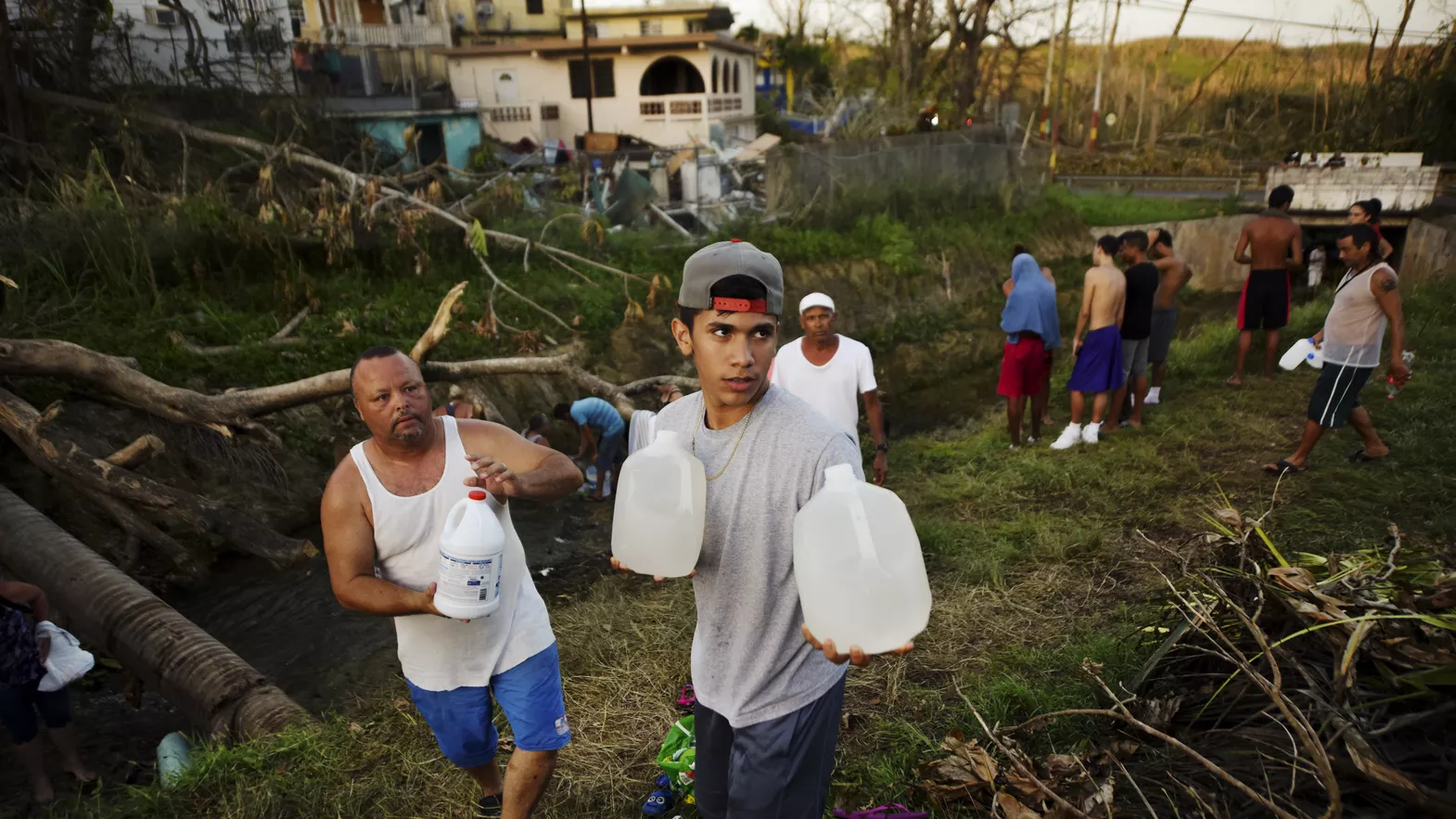
How to Help after Hurricanes Irma & Maria
On September 7th, Hurricane Irma struck the Caribbean, Puerto Rico, and Florida; on the 20th, Hurricane Maria made landfall on Puerto Rico, adding to the catastrophic impacts from the first storm to hit the island. The recovery efforts have just begun in Florida, and Puerto Rico is still struggling without power and with only limited water, food, fuel, and cell phone service.
What can we do?
In addition to the pledges for funding and support by local communities and international government agencies, many non-profit organizations are soliciting donations for relief efforts. Below are our top recommendations:
Donate Goods at Pace University
The Office of Multicultural Affairs, Black Student Union, and the Dean for Students Office invite you to help Puerto Rico. They are collecting diapers, baby food, feminine hygiene products, batteries, and first aid supplies. Donations will be accepted from 10am-4pm in room 913 on the 9th floor of 41 Park Row from September 29th-October 13th.
Please contact rc97553n@pace.edu with any questions! For more information on the ongoing relief effort, visit: on.nyc.gov/PuertoRicoRelief.
Global Giving (4*)
Mission: Founded in 2003, GlobalGiving works to build an efficient, open, thriving marketplace that connects people who have community and world-changing ideas with people who can support them. Our vision is to unleash the potential of people around the world to make positive change happen.
What your donation will do: All donations to this fund will support hurricane recovery and relief efforts. Initially, the fund will help first responders meet survivors’ immediate needs for food, fuel, clean water, hygiene products, and shelter. Once initial relief work is complete, this fund will transition to support longer-term recovery efforts run by local, vetted organizations responding to this disaster. You can donate specifically to a fund for those impacted by Hurricane Irma or Hurricane Maria (or both!).
All Hands (4*)
Mission: All Hands Volunteers is a US-based, 501(c)3 non-profit organization that addresses the immediate and long-term needs of communities impacted by natural disasters by engaging and leveraging volunteers, partner organizations and local communities.
What your donation will do: Funds will support All Hands’s Immediate Response team, which will be working in the hardest hit areas of the US Virgin Islands (USVI) for the next two years.
UNICEF (3*)
Mission: The United Nations Children’s Fund (UNICEF) works in more than 190 countries and territories to put children first. UNICEF has helped save more children’s
lives than any other humanitarian organization by providing health care and immunizations, clean water and sanitation, nutrition, education, emergency relief and more.
What your donation will do: UNICEF is mobilizing in the wake of both Hurricane Irma and Hurricane Maria to get immediate, critical support to the children affected by the storms. You can choose which fund you’d like to donate to specifically, or donate generally to UNICEF.
Other resources:
- United for Puerto Rico – A resource guide from the government of Puerto Rico outlining ways to help, from raising awareness on social media to sending material goods.
Things to consider before donating:
- Donate money, not goods. While many well-meaning people want to donate material goods, this is often not practical. In times of crisis, individuals and organizations may lack the infrastructure to handle material donations on time. Organizations on the ground can use your money to buy the things most needed and distribute them.
- Make sure the organization you choose is well-established and has a history of doing similar work around the world. A great way to ensure that your money is going where you want it to is to check Charity Navigator, an independent organization that evaluates the financial health, accountability, and transparency of charity organizations. We’ve listed and linked to the ranking information pages for each of the organizations we’ve recommended above.
- When donating, be sure you are on a page that designates donations toward relief in the Southern United States, or ensure you are able to choose this particular cause as an option. Generally, without selecting a specific cause, organizations will use donated funds where they believe they are most needed.
- Be wary of telemarketers, emails, or text-message based donations – especially if you aren’t confident about the organization you’re receiving messages from.
- When you donate, sign up for a newsletter from the organization and be sure to keep tabs on what they are doing for Hurricane relief.
- For more tips and considerations on giving during times of crisis, click here.
Image source: Hector Retamal/AFP/Getty Images





